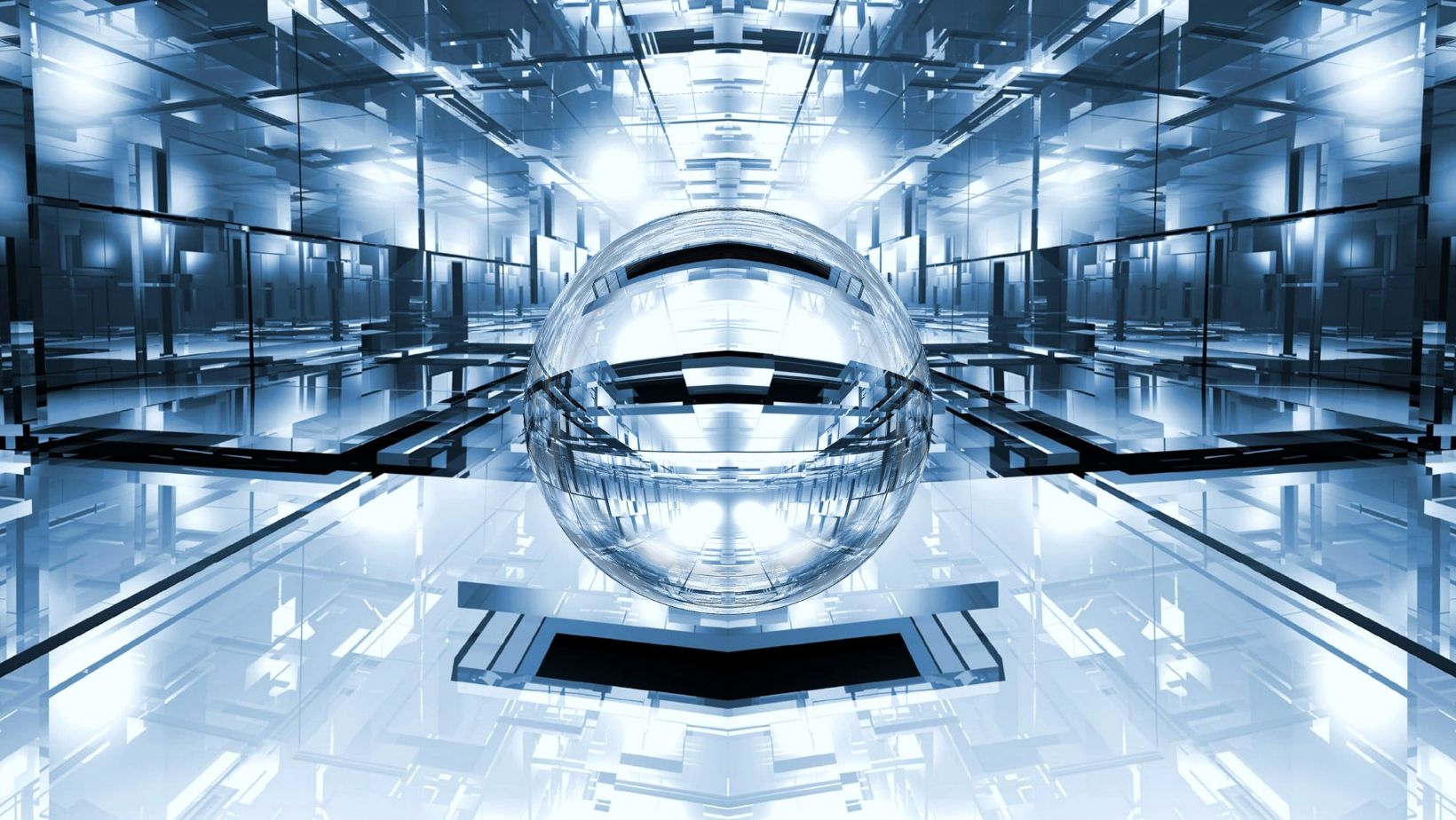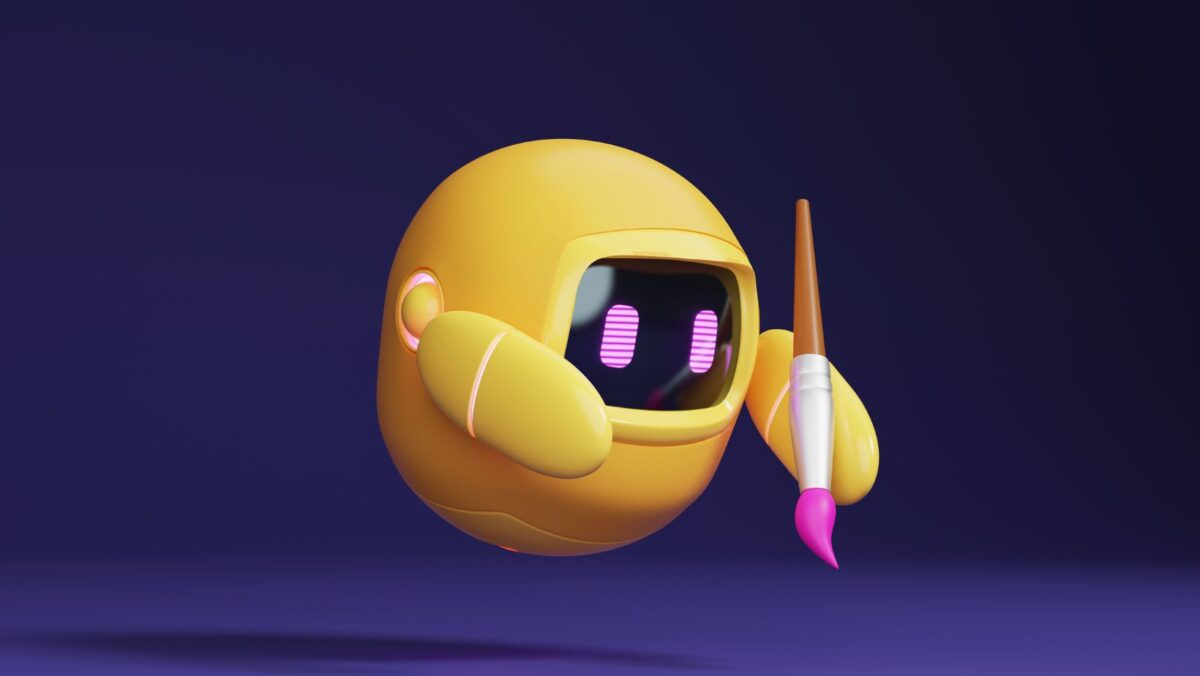Can you sell AI-generated art? This is a question that has become increasingly relevant in the world of digital creativity. With advancements in artificial intelligence technology, machines are now capable of producing stunning pieces of artwork that rival those created by human artists.
Can You Sell Ai Generated Art
The answer to this question is not as straightforward as it may seem. While there is certainly a growing market for AI-generated art, there are also legal and ethical considerations that need to be taken into account. One of the main concerns is the issue of copyright and ownership. Since AI algorithms learn from existing artworks and generate new pieces based on that knowledge, who actually owns the rights to these creations? Is it the original artist whose work served as inspiration, or is it the person who trained the AI algorithm?
Furthermore, there is also the challenge of establishing value and authenticity in AI-generated art. Traditional art markets rely heavily on factors such as an artist’s reputation, uniqueness of style, and craftsmanship when determining the worth of a piece. However, with AI-generated art, these traditional markers may not hold true anymore. Buyers may be hesitant to invest substantial sums in artwork created by a machine rather than a human artist.

In conclusion, while there is potential for selling AI-generated art, many questions remain unanswered regarding copyright ownership and establishing value in this emerging field. As technology continues to advance, it will be interesting to see how these challenges are addressed by both artists and collectors alike. The emergence of AI-generated art has sparked a fascinating debate on whether these creations can be sold. It’s a topic that has captivated both the art world and technology enthusiasts alike. As we delve into the rise of AI-generated art, let’s explore the possibilities and complexities surrounding its sale.
One of the key questions that arises is whether AI-generated art can truly be considered original or authentic. After all, it’s the machine learning algorithms that generate these artworks based on existing data and patterns. However, proponents argue that AI has the ability to produce compositions that are entirely novel and innovative, pushing artistic boundaries in ways previously unimaginable.
For the question can you sell ai generated art? Another aspect to consider is the role of human creativity in the creation process. While AI may generate the initial artwork, it often requires human intervention in refining or curating the final piece. This collaboration between man and machine raises interesting questions about authorship and ownership rights. Can an artist claim full ownership over an artwork generated by an algorithm? Or should credit be shared with the AI system?
From a legal standpoint, selling AI-generated art introduces new challenges as well. Copyright laws typically protect creative works made by individuals, but when it comes to works produced by machines, there is no clear framework in place yet. The absence of regulations specifically tailored for this type of art leaves room for uncertainty and potential disputes over intellectual property rights.
Despite these complexities, AI-generated artwork has already found its way into galleries and online marketplaces where collectors are willing to purchase them. Some argue that these pieces possess their own distinct aesthetic value and appeal precisely because they are created by machines with unique algorithms powering their artistic output.
Exploring the Market for AI-Generated Art
As an expert in the field, I often ponder the question: “Can you sell AI-generated art?” It’s a fascinating topic that has captivated both artists and art enthusiasts alike. In this section, we’ll delve deeper into the market for AI-generated art to gain a better understanding of its potential.
Increasing Popularity: AI-generated art has been gaining significant traction in recent years. With advancements in machine learning algorithms and generative models, AI is now capable of producing stunning visual compositions that challenge traditional notions of creativity. This surge in popularity has led to increased interest from collectors and investors who are eager to explore this emerging genre.
Quality vs Authenticity: One of the key debates surrounding AI-generated art revolves around its quality and authenticity. While AI can produce impressive works, some argue that it lacks the human touch and emotional depth found in traditional art forms. However, others appreciate the unique aesthetic that emerges from these algorithmic creations, seeing them as a reflection of our technologically driven society.

Establishing Value: Determining the value of AI-generated art can be a complex task. Factors such as artistic technique, concept originality, and scarcity all come into play when evaluating these artworks’ worth. Additionally, artists must navigate issues like copyright ownership and provenance to ensure buyers have confidence in their purchases.
Legal Considerations: Selling AI-generated artwork raises intriguing legal questions regarding authorship and intellectual property rights. As technology advances, it becomes increasingly important to address these concerns to protect both artists’ interests and consumers’ rights.
Marketplace Dynamics: The marketplace for AI-generated art is still evolving rapidly. Online platforms dedicated exclusively to selling digital artworks are emerging, providing artists with new avenues to showcase and monetize their creations directly to interested buyers worldwide.

